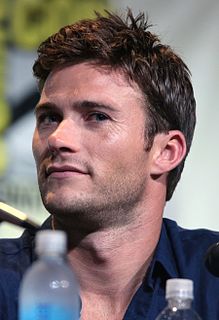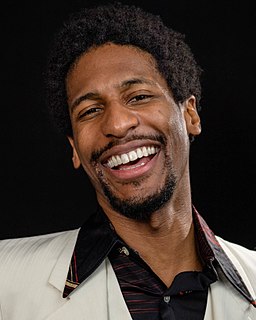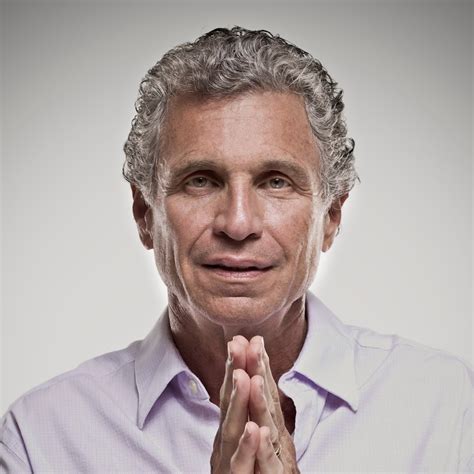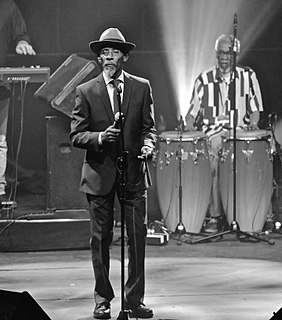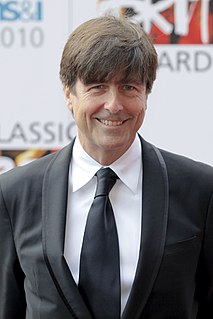A Quote by Jason Bateman
Music is such an incredibly affecting part of any movie-going experience, and it just... it shapes your whole experience.
Related Quotes
When I give a concert, I know they're not going to hear everything; there might be a lot going on. My individual perceptual and cognitive path through the music is just that: one path through music. My experience will be probably at some level different from other people's, and that multiplicity of experience has to be supported by the music. I might just focus on the cowbell the whole time - maybe I have a fever for more cowbell!
I'm very aware that the future of any film is not necessarily the theatrical experience, it's the home video experience because that is the one that is going to be presented for years to come. So you want to make sure that you push your movie, but you're talking about a movie that you finished months ago. And your head is trying to move into new grounds and you're still pushing for the other one. That's the tough element of it.
What people don't understand about making a film is sometimes your experience on the film shapes who you are. You're gone to another country for five months, maybe more, there's training leading up to it... It's a whole life experience that people don't see because they just see the final product wrapped up in a couple hours. You don't see everything that happens around it. I think it's hard to say one movie or one thing; I think they all shape who you are.
Because others cannot vibrate in your experience, they cannot affect the outcome of your experience. They can hold their opinions, but unless their opinion affects your opinion, their opinion matters not at all. A million people could be pushing against you, and it would not negatively affect you unless you push back. They are affecting what happens in their experience. They are affecting their point of attraction - but it does not affect you unless you push against them.
It's remarkable how a soundtrack can be so important to the storytelling and the experience. I think the music is going to make people see the movie a lot. The music is going to make you want to go see it again. You have so much fun in the movie, and it's music that you want to share with your kids, anyway.
With the audience, I always say it's about giving the people an experience. And what the experience is about, it transcends just the music, and genre, and the venue. It's about the people coming together to share a profound and transformative moment. So that means the listener is actively engaged, and the listener is a part of the show, they're a part of the experience.
One Spirit Medicine allows you to experience communion with Spirit and understand the workings of creation. This understanding is not academic or intellectual; it’s kinesthetic and sensory-a knowingness that pervades every cell of your body...you experience a transcendent awareness that penetrates your whole being. You truly grasp that energy and consciousness can never be destroyed, only transformed into myriad shapes and forms, one of which happens to be you.
There was a part, you know, obviously there was a part of the whole I military experience that you know like hooks right into the whole boyhood experience that that you know most American boys have growing up, you know, which is proving your manhood by proving how hard you are, by proving that you can take it.
....the popular music of Jamaica, the music of the people, is an essentially experiential music, not merely in the sense that the people experience the music, but also in the sense that the music is true to the historical experience, that the music reflects the historical experience. It is the spiritual expression of the historical experience of the Afro-Jamaican.
My greatest sense comes from the experience of performing in the movie. When I have a great experience, that becomes a perfect movie. If it makes a nickel, it's still perfect. The same is true with a movie that's a bad experience. If it makes a bejillion dollars, I will hate it till the end of time.
That’s the thing you have to understand about the whole process of art (or the work that we do) – you’re only half of the equation. It’s an interaction between you and the person who’s going to experience the work. The person who’s going to experience the work is bringing just as much to it and is just as important as you are.



